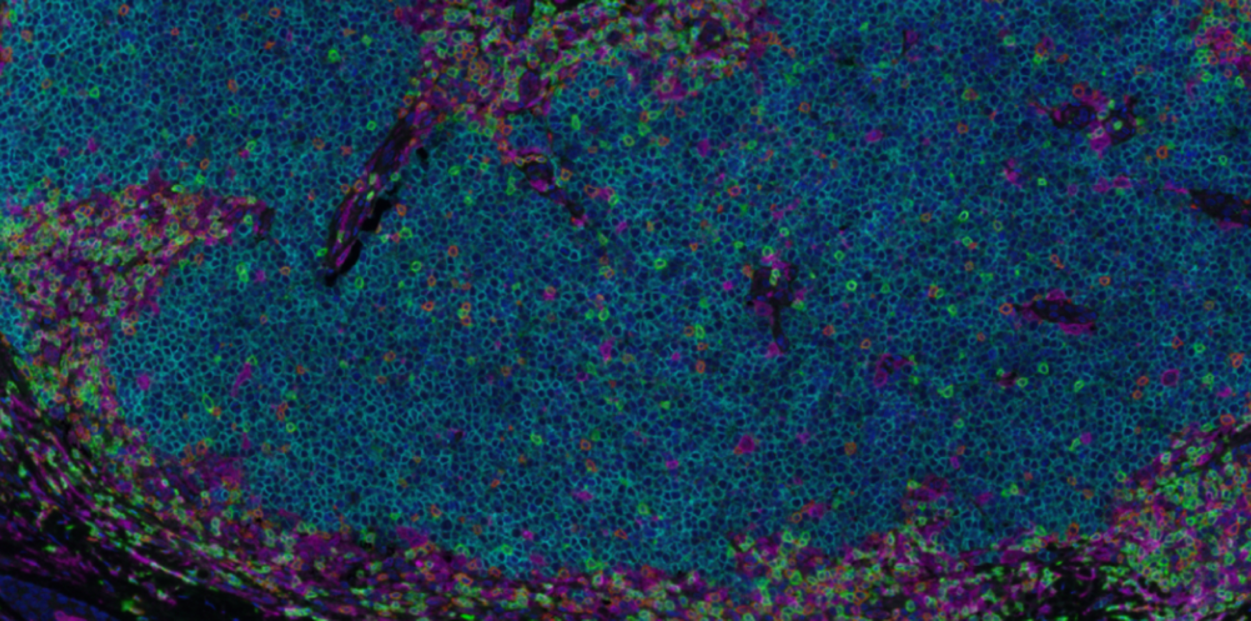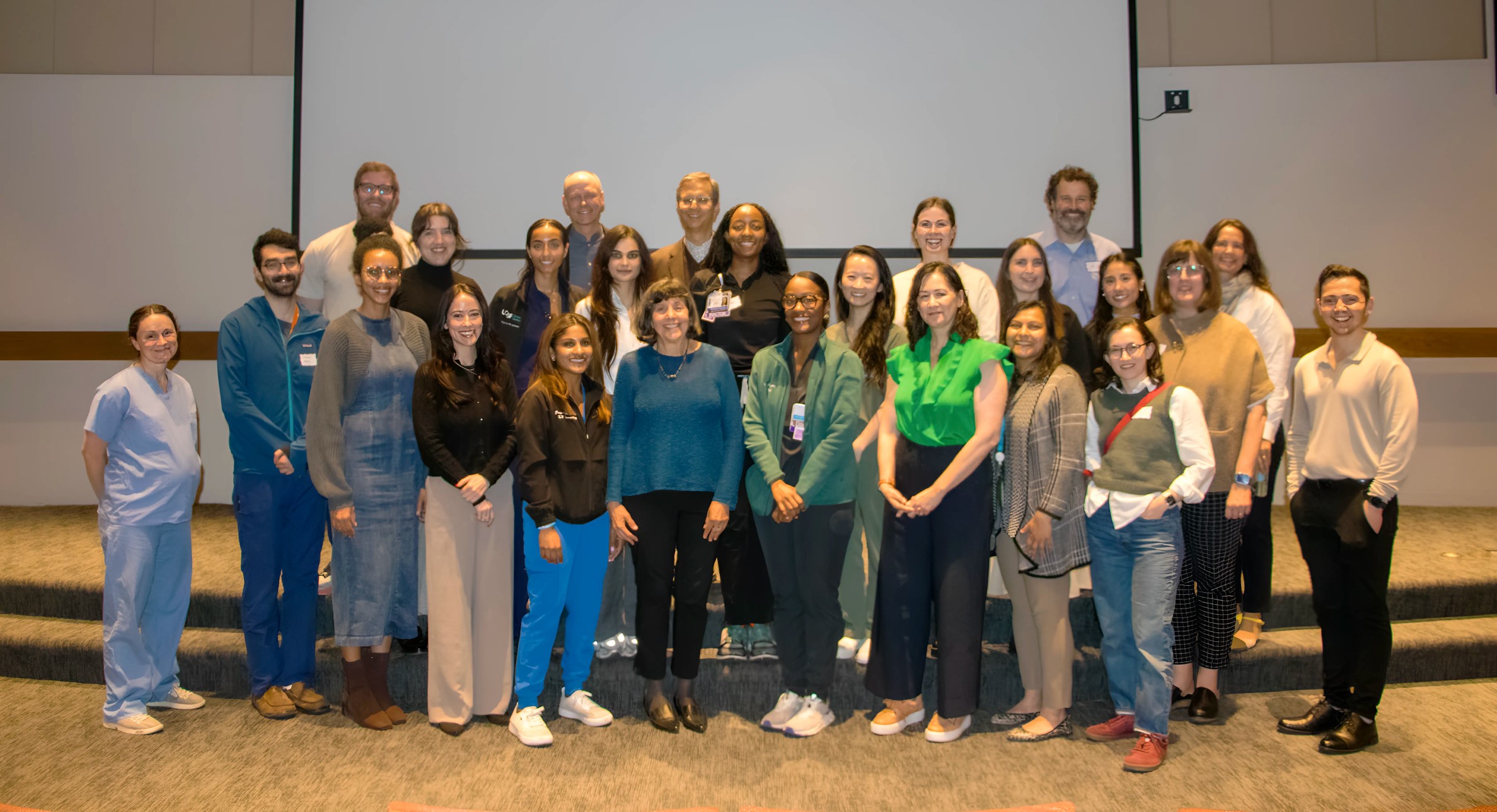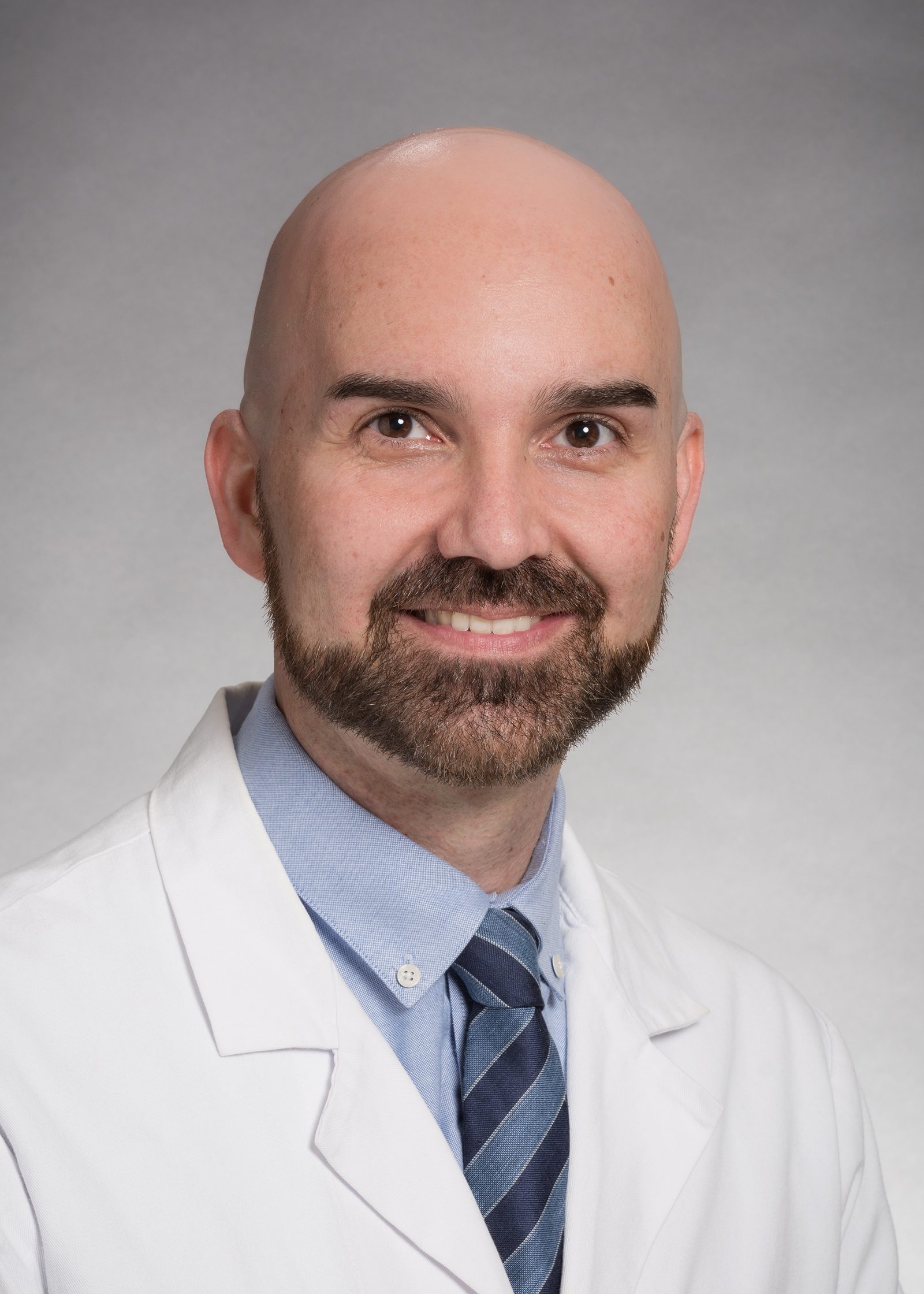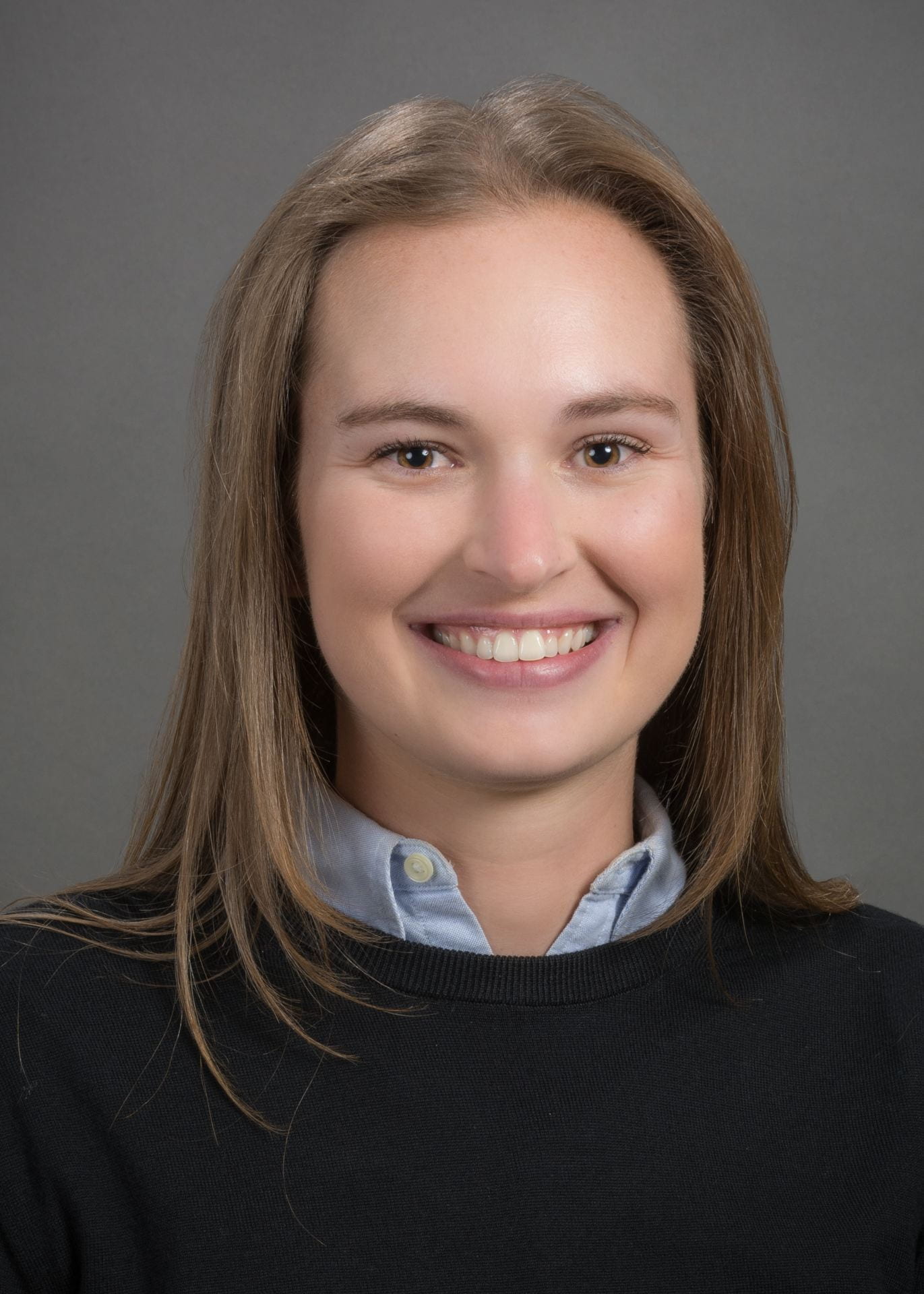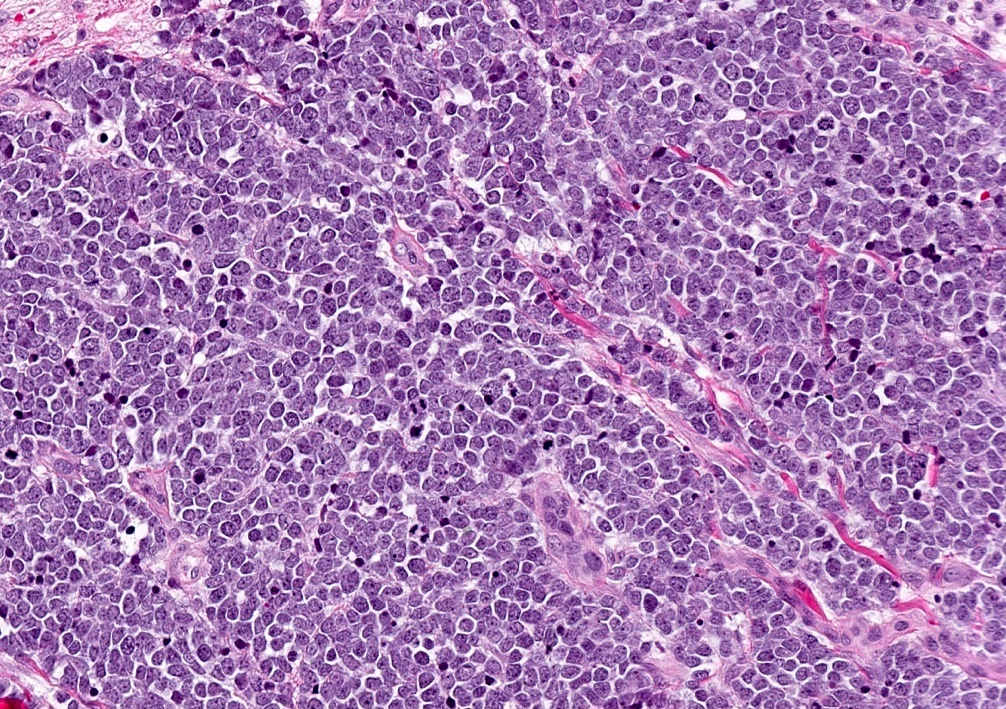
Scholarly Spotlight: Study Shows Immunotherapy Doubles Survival Rates for Advanced Merkel cell carcinoma
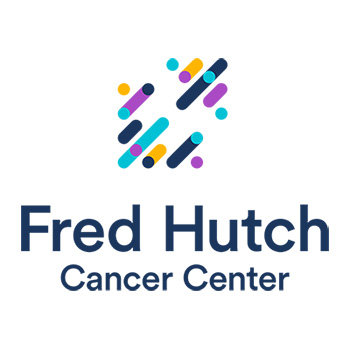

A significant new study, co-sponsored by the UW Department of Dermatology and the Merkel Cell Carcinoma Collaborative (MC3) Institute, has shown that survival rates for advanced Merkel cell carcinoma (MCC) in the US have more than doubled following the introduction of immunotherapy — a treatment that helps the body’s own immune system recognize and attack cancer.
This pivotal research was co-authored by UW Dermatology faculty Drs. Paul Nghiem, Song Park, and Dr. Kelly Paulson—a key MC3 Institute collaborator based at the Paul G. Allen Research Center at Providence Swedish Cancer Institute. Their findings represent a major milestone in improving outcomes for this aggressive skin cancer.

The study titled, “Improved survival at the population level for patients with advanced Merkel cell carcinoma following availability of immunotherapy,” was published to the Journal of the American Academy of Dermatology on March 10, 2025.
Please join us in extending our congratulations to these authors on this notable publication!
Co-Authors:
- Kelly G. Paulson, MD, PhD
- Song Y. Park, MD
- Shailender Bhatia, MD
- Daniel S. Hippe, MS
- Paul Nghiem, MD, PhD
Dr. Song Park highlights the study's findings and its impact on the treatment of MCC.
What are the main findings of this publication, and why are they important?
This study found that people with advanced MCC — a rare and fast-growing skin cancer — are living much longer since immunotherapy became widely available. In 2010, only about 1 in 4 people with advanced disease were still alive two years after diagnosis. By 2021, that number had grown to more than 1 in 2.
This is important because it shows real-world proof that immunotherapy is helping save hundreds of lives each year in the U.S.
How will this study impact the treatment of MCC going forward?
These results confirm that immunotherapy should continue to be the main treatment for people with advanced Merkel cell carcinoma. The study shows that this therapy works not just in clinical trials, but also in everyday care — helping patients across the country, whether they’re treated at large hospitals or smaller community clinics.
This kind of nationwide data gives doctors a clearer picture to guide treatment decisions and set expectations with patients. It also helps healthcare systems, including insurers and policymakers, recognize the value of immunotherapy and support its continued use and further research.
What are the next steps for this research, or what follow-up questions are you hoping to answer?
The MC3 Institute is focused on understanding why some people respond especially well to immunotherapy, while others may stop benefiting over time. We’re working to find ways to help those patients — whether through new treatments or combinations that include immunotherapy. We’re also studying how to use immunotherapy earlier in care, such as before or after surgery in patients with less advanced disease.



